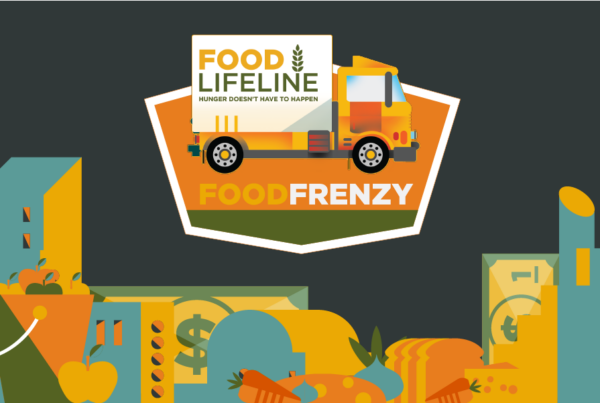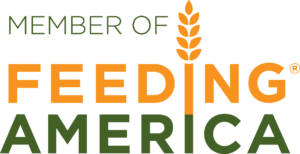In March the Food Law and Policy Clinic of Harvard Law School (FLPC) and Natural Resources Defense Council (NRDC) to release a report titled, Don’t Waste, Donate: Enhancing Food Donation Through Federal Policy. This report provides a roadmap for the federal government to remove barriers that now limit the amount of surplus food reaching communities in need.
While there is an abundance of food in the U.S., up to 40% of the food supply goes uneaten each year and finds its way to landfills. This means that annually 62.5 million tons of food, costing $218 billion, is going to waste. At the same time, 42.2 million individuals in the U.S., including 13.1 million children, were food insecure in 2015.
Much of the food being discarded in the United States by businesses is healthy, nutritious and safe for donation to food banks and communities in need. While food donations won’t solve the underlying poverty that causes food insecurity, the donation of healthy, wholesome food can provide a mechanism for immediate relief and is an important part of the critical response to food insecurity.
In 2015, the federal government made reducing food waste a national priority and announced a national goal of reducing food waste by 50 percent by 2030. In this new report, FLPC and NRDC lay out a variety of policy opportunities that will help the federal government meet this goal. The report identifies a number of existing federal laws and policies that strive to enhance food recovery, but fail to address the evolving needs of the food donation landscape or reduce unnecessary barriers to donation.
For example, under current laws, if an entire manufacturing run of yogurt has a misprint with the incorrect net weight on the label, the manufacturer would not benefit from the liability protections or tax incentives meant to encourage food donation unless every container were re-labeled with the correct number of ounces. These types of hurdles do nothing to protect consumers but discourage food donations. Fortunately, simple and targeted changes to federal policy can reduce these senseless barriers.
Don’t Waste, Donate offers 16 actionable recommendations spanning five key areas of federal policy that can increase the amount of safe, healthy, wholesome food donated to those in need. The report recommends policy changes that would:
- Enhance liability protections for food donations
- Improve federal tax incentives for food donations
- Standardize and clarify expiration date labels
- Better monitor and encourage food donation by federal agencies
- Modernize and clarify food safety guidance for food donations.
The report also includes an appendix targeting specific recommendations directly to Congress, the U.S. Food and Drug Administration, and the U.S. Department of Agriculture.
Legislators have already taken some steps to implement a few of the recommendations in the report. For example, recently introduced bipartisan federal legislation (The Food Donation Act of 2017) would enhance the liability protection for food donations as recommended in the report.
At Food Lifeline we rescue millions of pounds of this surplus food from farmers, manufacturers, grocery stores, and restaurants every year. Changes to these policies would increase the quantities and types of food available to us and our network of 275 food banks, shelters and meal programs across Western Washington.
The full report can be found at: Don’t Waste, Donate: Enhancing Food Donations Through Federal Policy





